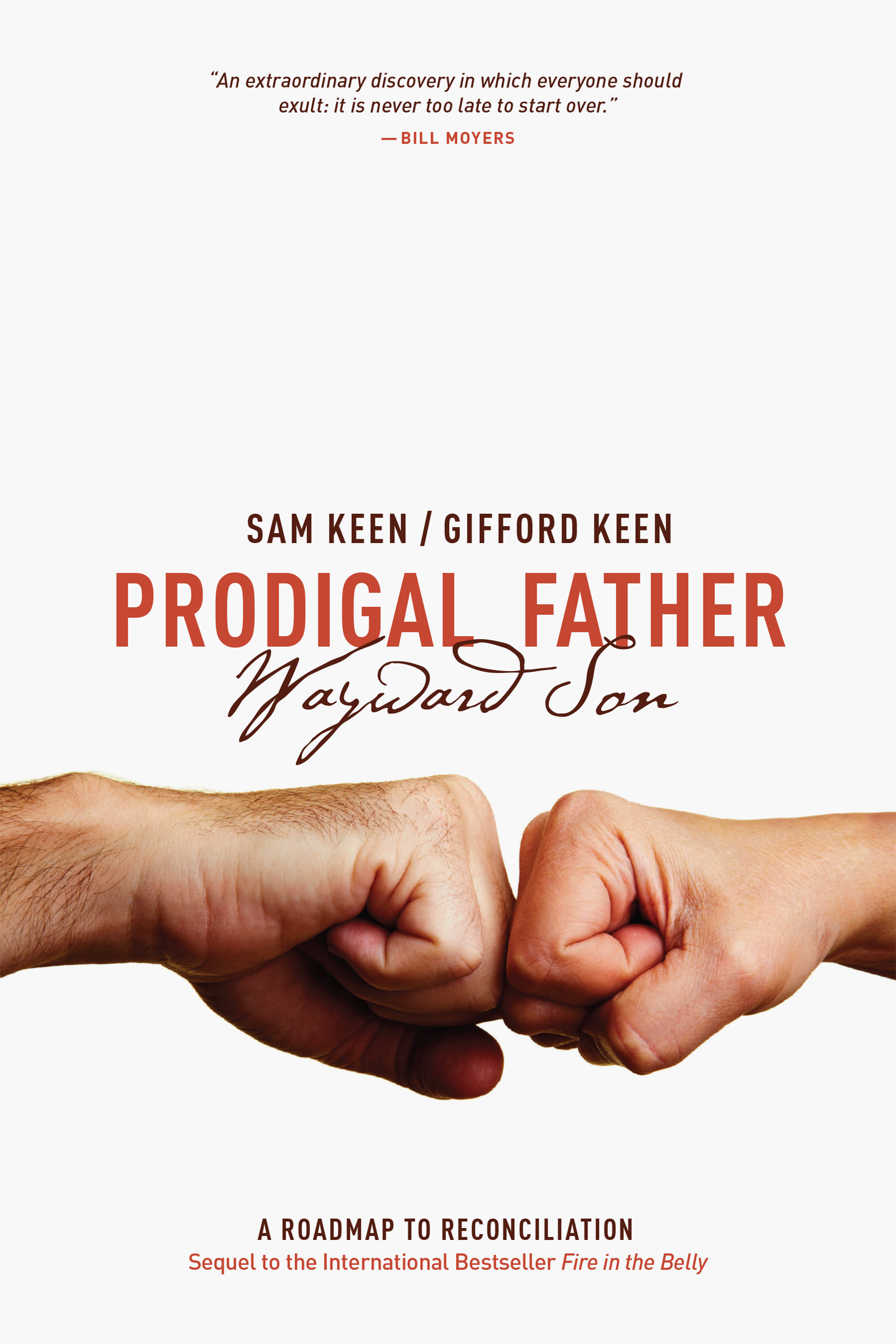On the Book: Sightings
Interview by Frederic Brussat
Sam Keen is a free-lance thinker, seminar leader, philosopher of religion, trapeze flyer, and birder. He is one of the Living Spiritual Teachers profiled on this website. Sam’s latest book is Sightings: Extraordinary Encounters with Ordinary Birds. It brought up memories of some of our own experiences with birds, and it’s likely to do the same for you. (If you’d like to share a story, see this invitation from Sam). Recently, we asked Sam to talk about some of the many themes of the book.
Frederic Brussat: Early in the book you state “What the great religions neglect to honor are the unique ways in which the experience of the holy comes to individuals. Being focused on the transcendent God, they tend to overlook the sacred moments.” Talk about some of the stumbling blocks to the experience of the sacred in everyday moments.
Sam Keen: The major impediment to experiencing the sacred depths of ordinary moments is the speed and distraction of contemporary life that moves to the imperatives of the global economic order. In addition, we increasingly live in a virtual world in which our reality is filtered through media and information technology. A long time ago, Plato in the myth of the cave gave an amazing diagnosis of the modern condition: We live in a cave where we are bombarded by images and shadows we mistake for realities. Thus, delusion.
Frederic: Who are some of the best spiritual teachers you have met or read over the years on finding the sacred in the ordinary.
Sam: My best teachers. Paul Tillich, Howard Thurman, Gabriel Marcel, N .O. Brown, Ernest Becker, Marshall McLuhan, Georgia O’Keefe, and a whole host of other philosophers and friends.
Frederic: What spiritual practices do you use to help you stay awake to sacred moments?
Sam: The best practice is to follow the advice posted on every railroad crossing: Stop. Look. Listen. There is a saying in Bali: “We have no art. We do everything as beautifully as possible.” This reflects my philosophy of practice. I try to remember daily what a gift it is to have the privilege of living in this wondrous world.
Frederic: Please share with our readers the mystical experience you had with an Indigo Bunting.
Sam: Mystical experiences (unlike scientific conclusions) cannot be communicated from one person to another. As Kierkegaard said, authentic religious communication must be indirect — told on the slant. In my early years I studied bird books and had a virtual experience of an Indigo Bunting. But the moment I was in the presence of an Indigo Bunting I was shocked into the awareness of how astounding it was that there were actual Indigo Buntings in this world. Philosophers and little children are continually amazed that we, unaccountably, we find ourselves in a somewhat intelligible world.
Frederic: What is your understanding of the spiritual practice of reverence? Why is it so important in these times and in our relationships with animals?
Sam: Without reverence we will gradually descend into ecoside. In the degree that the imperatives of the market — the temple of the Mall — govern our lives, we are in escalating danger of destroying the commonwealth of all sentient beings — bugs and bees and buntings — on which we depend for a luxurious life on planet earth.
Frederic: We were glad to see in Sightings your essay in the Turkey Vultures. You describe them as “a sort of low-flying Mafia that controls a far-flung waste-management empire.” What did they teach you about death?
Sam: They didn’t teach me anything. But they reminded me that I fall into all kinds of inauthenticity when I conspire to forget my mortality. We may enjoy this fleeting beauty for such a brief instance. And then we are compost. G—, the creator-destroyer, certainly has a strange sense of humor!
Frederic: Why did you include the piece on your close encounter with a rattlesnake? What did this creature show you about yourself and the natural world we share?
Sam: In the pre-modern Goddess mythologies, the snake was a sacred messenger between the worlds, a kind of slithering angel. Every time I come across a rattlesnake on my farm I initially react in fear and am tempted to kill it. (Terrorist?) Then I realize I wouldn’t want to live in a world where all wild things — without and within — are domesticated.
Frederic: What are some of the positive qualities you found in birders as mystics?
Sam:Thank G—, there are more bird lovers than Nascar fans. Birders are instinctively reverential and thankful for all the multicolored angels that appear out of the void — free, no hidden charges. Birders know how to wait, be silent and adore — essential spiritual disciplines.
Frederic: Many years ago you coined the term “wonderosity,” and we love that ideal as one to embody. Talk about the place of wonder in this book and in your personal creed.
Sam: My first major book Apology for Wonder was the beginning of my exploration of what I call “the ongological emotions” — wonder, awe, gratitude. The epigram with which that book opens, a quote from W. MacNeile Dixon, is the best short description of my creed: “If there be a skeptical star I was born under it. Yet I have lived all my days in complete astonishment.” I agree with D.H. Lawrence: “The sense of wonder, that is our sixth sense. And it is the natural religious sense.”




